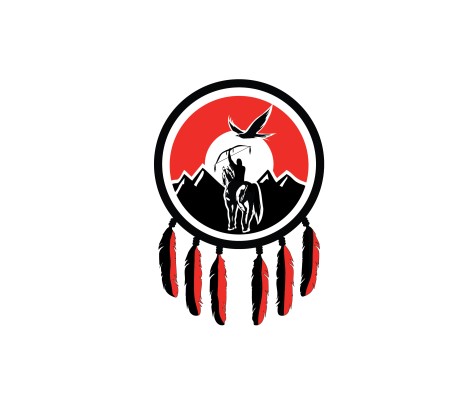The Tsilhqot’in Nation has received an injunction by the BC Court Court of Appeal against an exploration permit issued by the Province to Taseko Mines Ltd. (TML) for an extensive drilling program in the Teẑtan Biny (Fish Lake) area.
Tsilhqot’in National Government Vice Chair, Chief Russell Myers Ross says he was in Williams Lake Monday awaiting a call of the news.
“I think for us it’s a relief even though it’s an interim relief,” he says.
“At least it shows that the courts took this matter seriously and understand that is no real peace here and that the best thing to do is to hold off until we are potentially granted leave to the Supreme Court of Canada.”
The injunction was heard on World Water Day last month, and Ross says they have been grateful to have a lot of supporters that have followed them and shared their disbelief with the level of injustice that the Tsilhqot’in Nation has had to endure for more than a decade now.
Taseko Mines was granted approval by B.C’s Ministry of Energy and Mines in July 2017 to conduct extensive road building, drilling, test pits, and seismic line testing, and build a 50-man camp to advance its’ New Prosperity mine southwest of Williams Lake that was rejected by the federal government in February 2014.
In oral reasons, the B.C. Court of Appeal emphasized that the appeal could raise new and important issues of law because it would be the first time the Supreme Court of Canada addressed the Crown’s duties of consultation in the context of proven Aboriginal rights. The drilling program at issue in this appeal would have serious impacts in one of the only areas in Canada that is subject to a court declaration of proven, unceded Aboriginal rights to hunt, trap and trade.
The injunction prohibits TML from carrying out the drilling program until the Supreme Court of Canada decides whether to hear an appeal of British Columbia’s decision to approve the drilling program
“Right now as part of the Dasiqox Tribal we’re trying to seek some funds from the Federal Government through the nature fund and this is sort of the federal government’s intent to I think to make conservation areas or indigenous protected areas for 17 percent of Canada’s landmass and try to work through negotiations to keeping more areas in Canada protected,” Ross says.
“So we’re currently seeking that as sort of one mechanism to trying to protect this place. For us this place is significant and one of the reasons why we want to go to the Supreme Court of Canada is to really determine what level of protection we have because we’ve proven Aboriginal rights and it’s one of the first times a First Nations group is going to the Supreme Court of Canada on proven aboriginal rights.”
“There’s also been trying to explain that this isn’t just about a lake,” Ross adds.
“It’s a whole region-we call it the Nabas, its a whole ecosystem and the mining exploration is incredibly enormous when you look at the scale of what they’re planning to do. So I think for us it’s just big victory in being able to preserve it from being cut up and carved out any further.”
Something going on in the Cariboo you think people should know about?
Send us a news tip by emailing [email protected].








